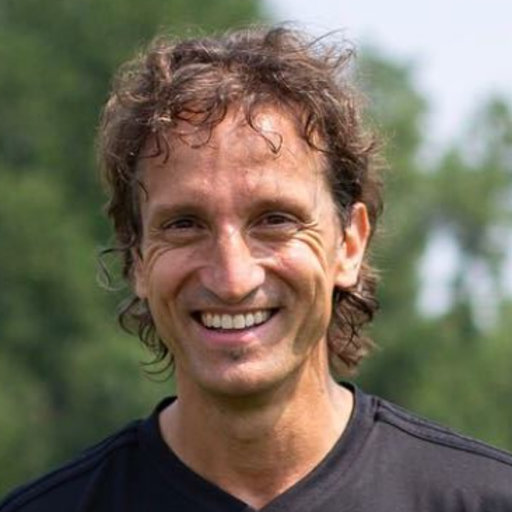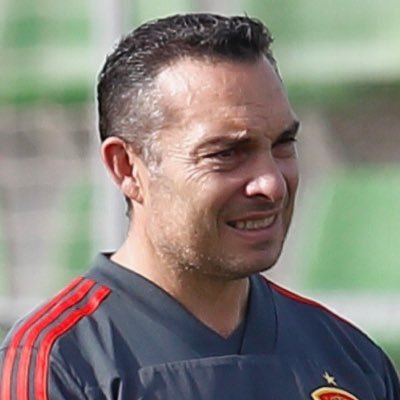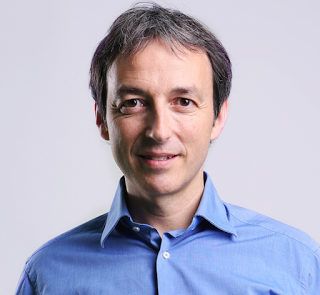Professional Diploma in Neurobiology and Psychology in Team Sports
🔥 Enroll Now – Limited Time Offer!
Professional Diploma in Neurobiology and Psychology in Team Sports
10 months
English
Online-based
Advanced
Barça Innovation Hub
Description
It is well known that the brain and the central nervous system as a whole are of fundamental importance in human movement, and therefore in sports performance. Every decision and every execution on the field has its genesis in the central nervous system, which is also related to emotional and intellectual aspects. As professionals who interact with athletes, we must be able to understand an athlete’s holistic development, including the biophysical and psychosocial domains, and we must be able to apply this knowledge to training. In this program, we provide you with the tools and knowledge you need to develop athletes with greater motor awareness and better decision-making abilities. In order to do this, we cover all the aspects that involve movement, from perceiving stimulus to processing information to finally making a decision and executing it. Without a doubt, this structured development of this subject matter will constitute a milestone in our pursuit of such an ambitious goal
1,200 € 600 €
START DATE
10/02/2026
Learn to
Experts Advisors:

Francesc Cos

Lic. Mario Di Santo

Joaquín Valdés

Ana Merayo García

Daniel Romero Rodriguez